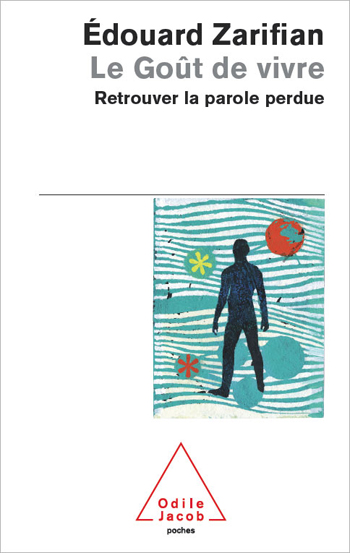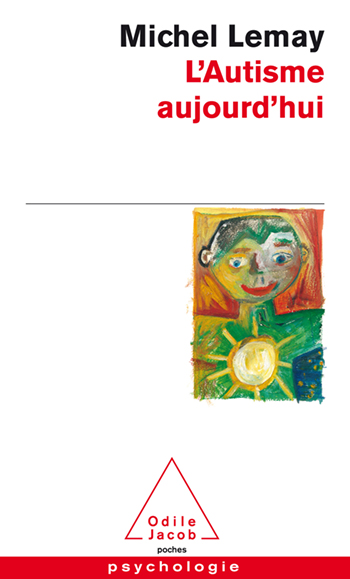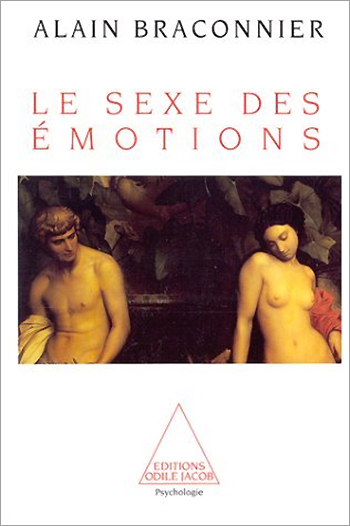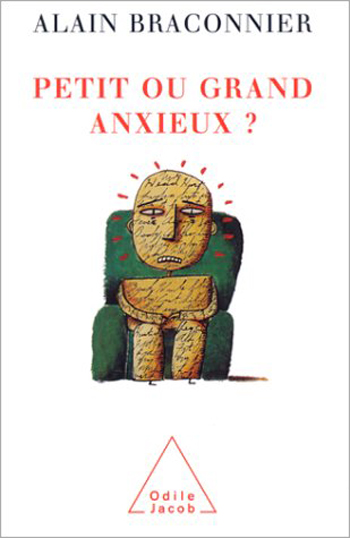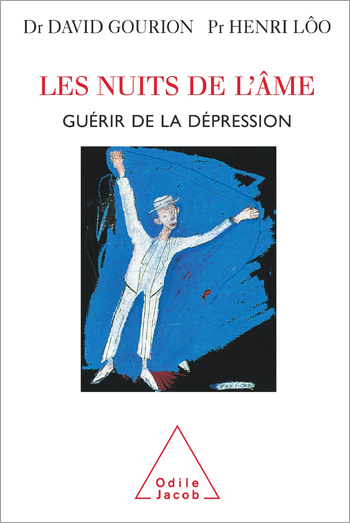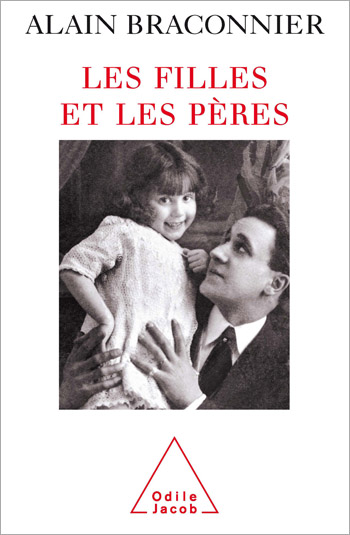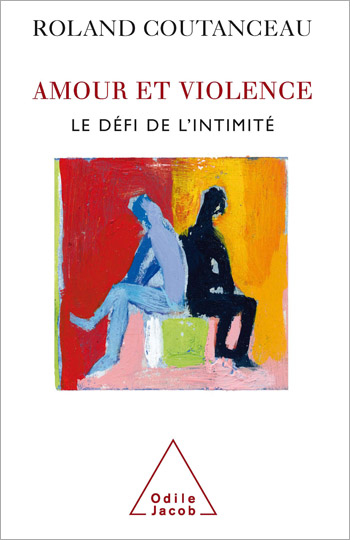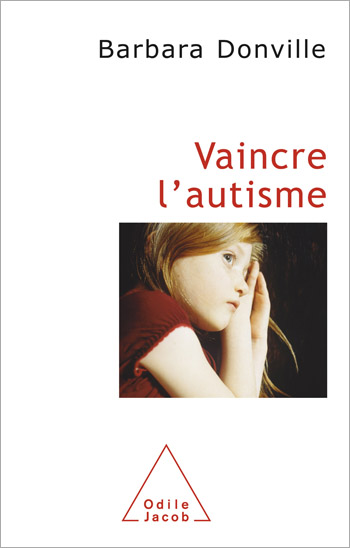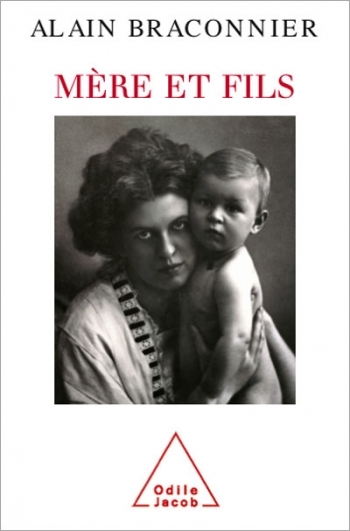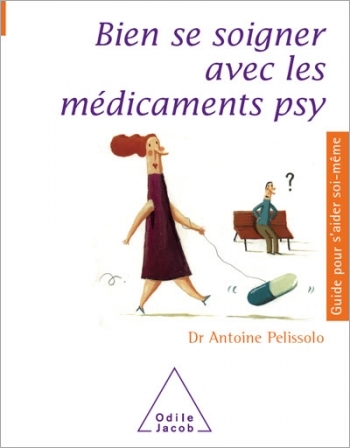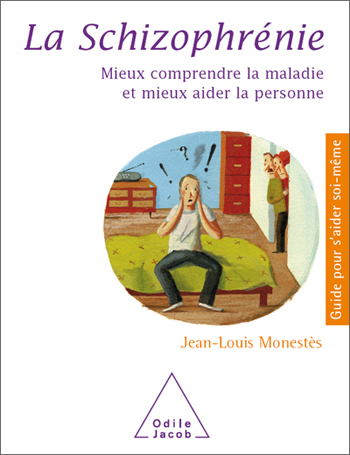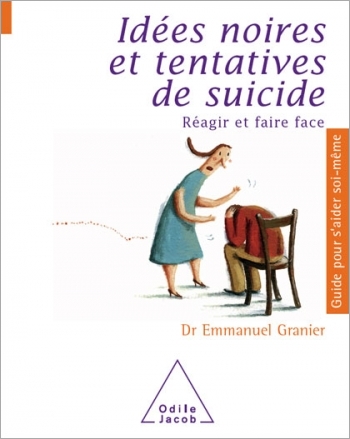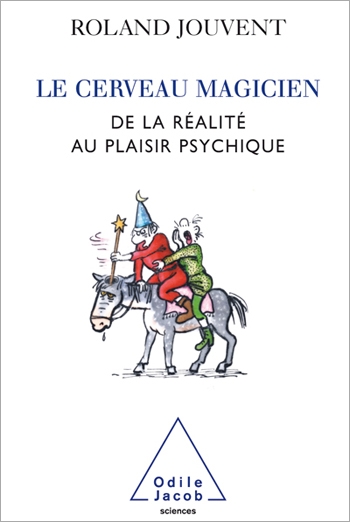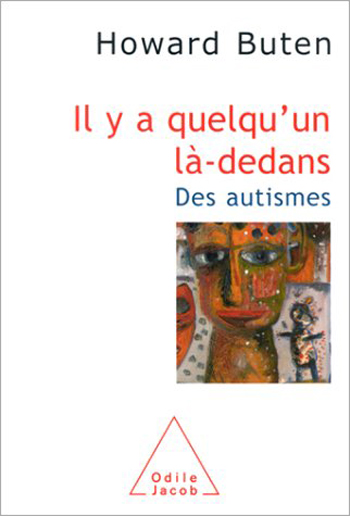Psychiatry All books
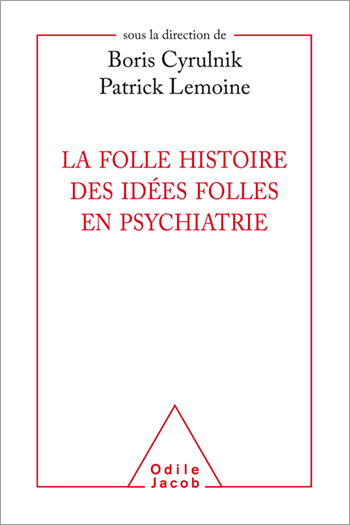
Boris Cyrulnik, Patrick Lemoine
The Crazy History of Crazy Ideas in Psychiatry
A lively and illuminating perspective on the history of a discipline that is still young. Unusual reflections on the future of treatment for psychiatric illness, based on past mistakes. Suggestions for helping the near future to become the Golden Age of psychiatry.
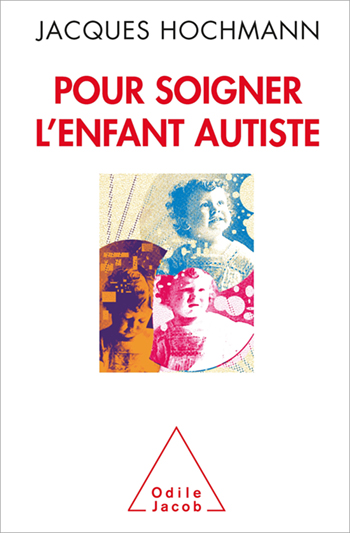
Jacques Hochmann
Caring for an Autistic Child
What is the life of an autistic child like ? What kind of relationships will he have with others ? What does the learning experience mean to an autistic child ?
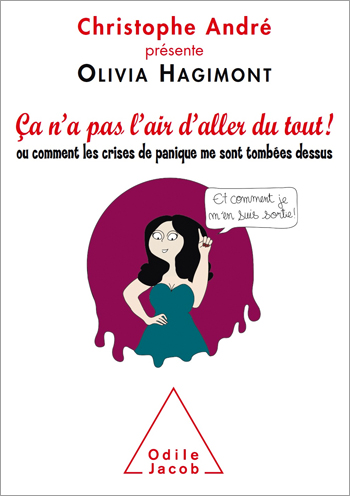
Olivia Hagimont
Nothing Is Going My Way or How Panic Attacks Descend on Me, Out of the Blue
A comic book, in the popular “girly” style, which gives an alternative slant to psychiatric disorders and CBT.
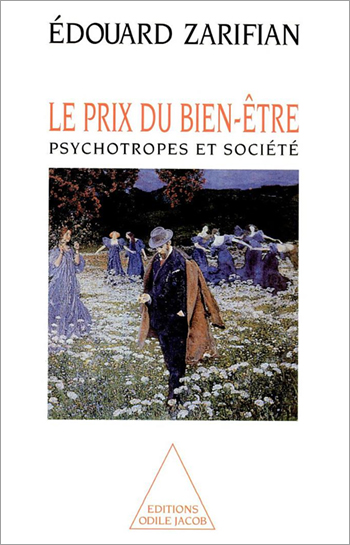
Édouard Zarifian
The Price of Well-being
Why is France one of the countries which has the highest rate of consumption of psychotropic drugs (tranquillisers, hypnotics, antidepressants, neuroleptics) ? Are the French more ill than other nationalities ? No, says Edouard Zarifian, it is rather that in this country, we offer medication for the least emotional trouble. It is thus a cry of warning that Professor Zarifian voices in this book, directly inspired by his celebrated report to the Ministry of Health which the public have not had access to up until now.
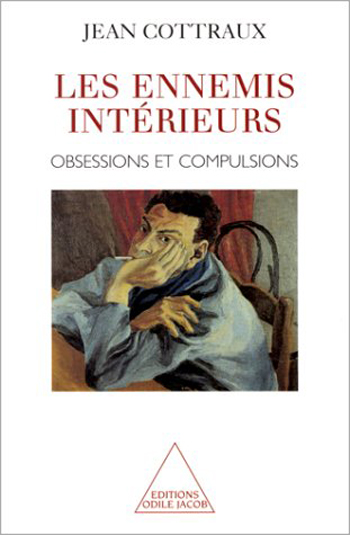
Jean Cottraux
Internal Enemies Obsessions and Compulsions
Why do some people become obsessed with cleanliness, fear of causing accidents, or the idea that they are guilty of some fault or imperfection? Where should the line be drawn between "normal" obsessions, from which everyone suffers to a greater or lesser degree, and pathological obsessions? When should measures be taken to treat those who suffer from obsessions? Why have obsessive-compulsive disorders become so common (2.5% of the population now suffer from them)? Jean Cottrauxs study of several clinical cases enables him to describe how obsessive-thought processes function. Doctor Jean Cottraux is a clinical psychiatrist and lecturer at the Université de Lyon I.

Édouard Zarifian
The Will to Be Cured
Here is the most anachronistic and conservative book that could be written on medicine. Here I defend an idea which is too often forgotten, even if it is at the base of all practical medicine that no treatment can be really whole if the patient, those close to him, and his doctor dont establish a special relationship based on trust. Compassion, understanding of suffering and devotion all have a place in the therapeutic relationship. How should we best care for the sick? Why heal? Its a lost word that I propose here to recover. Édouard Zarifian is a professor of psychiatry and medical psychology at the University of Caen.
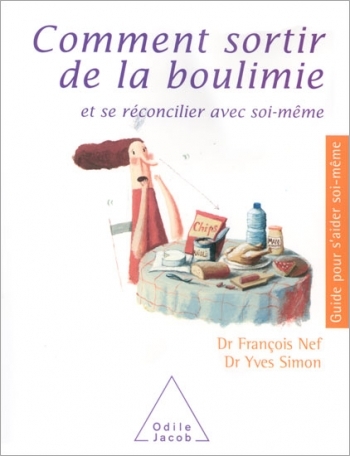
Yves Simon
How to Overcome Bulimia
Bulimia is increasingly common, particularly among girls. A recent study of high-school-age girls revealed that 20 % suffered from regular bulimic episodes. Approaching bulimia from both a psychological and a behavioural angle, the authors offer a practical, scientifically tested method to overcome the disorder. This is an indispensable book for patients, their friends and family, as well as for members of the medical profession Yves Simon is a medical psychiatrist and director of the anorexia/bulimia programme at the Free University of Brussels. François Nef is a psychologist teaching at the Free University of Brussels. Both Doctors Simon and Nef are specialists in eating disorders and behaviour.
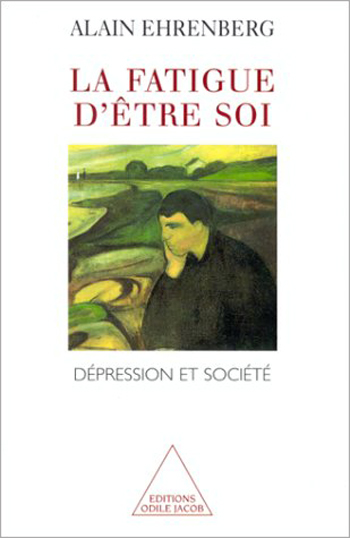
Alain Ehrenberg
Tired of Yourself Depression and Society
Examining the changes that have occurred since the 19th century in both psychiatry and society at large, this book shows how the internal collapse that is depression is the ultimate symbol of our culture of powerlessness. The depressed person cannot rise above the demands imposed on him or that he imposes on himself. He has no recourse but fatigue, inhibition, and indecision. But what does it mean to learn to be oneself? Is our society merely creating huge numbers of hypochondriacs? Can we any longer draw a line between the small unhappinesses and frustrations of daily life, and pathological suffering? Alain Ehrenberg is a sociologist.

Édouard Zarifian
The True Paradises in Your Head
Nowadays, we are not entitled to be sad without being told: this is a disease . Consequences: instead of receiving love and friendship, the distressed person receives a medicine which deepens his solitude. Édouard Zarifian, a well-know psychiatrist, argues against the abuse of psychotropes in prescriptions and warns us against a society ready to normalize emotions.
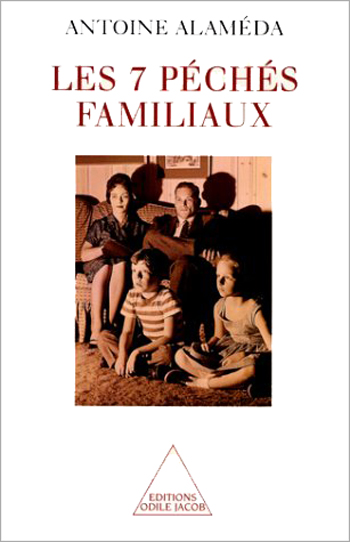
Antoine Alaméda
The 7 Domestic Sins
Based on clinical studies and his own long practice in the field, in this book Alameda shows how each family suffering from psychological problems can become its own best therapist, once it relearns to use the resources paralysed by history and modern culture. Far from being general, guilt-mongering, or infantilizing, Alameda's book concretely examines the seven situations that, today, are the most common reasons for seeking family therapy. Antoine Alameda is director at the Child and Adolescent Psychiatry Clinic at the Hospital of Toulon-la-Seyne.
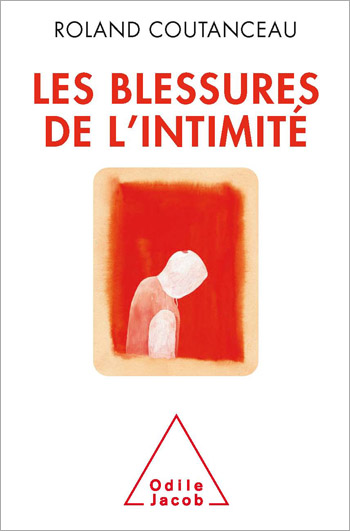
Roland Coutanceau
The Injuries of Intimacy
How can evil be understood? How can we apprehend the barbaric potential of some human beings? The need for large-scale information, prevention and education is underlined here

Yves Simon, Isabelle Simon-Baïssas
How to Help Your Anorexic Child
Is your teenage daughter anxious about her weight? Is she losing weight? Are you worried? Why is her behaviour so destructive? Why does her personality seem changed? Is she anorexic?
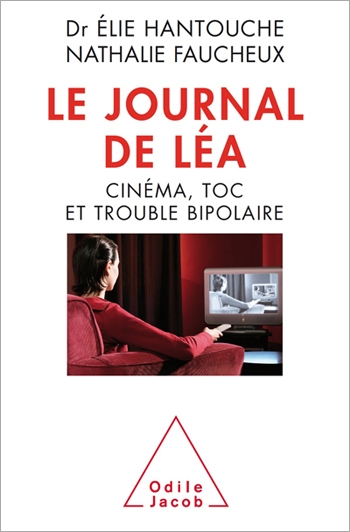
Élie Hantouche, Nathalie Faucheux
Lea's Diary OCDs and Bipolar Disorders
How to overcome one’s mental disorders by watching films about them.
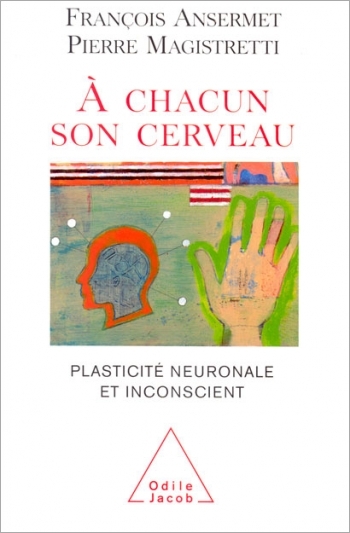
François Ansermet, Pierre Magistretti
To Each His Own Brain Biology of the Unconscious
This book is the result of the coming together of psychoanalysis and neuroscience around the shared observation that experience leaves a mark. Although the idea that experience produces psychic imprints - whether conscious or unconscious - has always been central to psychoanalysis, it was not until recently that findings in neurobiology demonstrated that neuronal plasticity existed and that it operated throughout a person's life. This constant remodelling in relation to experience poses certain basic questions about each individual's identity and future. How does psychic life emerge from experience and from what it imprints? What are the respective contributions of external stimuli (the reality behind experience) and of internal stimuli (the imprinted marks)? How do the mechanisms of synaptic plasticity participate in the establishment of an unconscious internal reality? What is the role of the body in this new dynamic organisation? This book provides the foundations for a better understanding of the relations between neuroscience and psychoanalysis and offers an original theory of the unconscious, by combining recent findings in neurobiology with the basic principles of psychoanalysis. Eschewing genetic determinism, it shows that each individual is different and each brain unique. Pierre Magistretti, a physician and neurobiologist, is a professor of physiology and director of the Centre for Psychiatric Neuroscience at the University of Lausanne's medical school. In addition, he is the president of the Federation of European Neuroscience Societies. François Ansermet is a psychoanalyst and professor of child and adolescent psychology at the University of Lausanne. He is the co-author, with O. Halfon and B. Pierrehumbert, of Filiations psychiques (Presses Universitaires de France, 2000).

